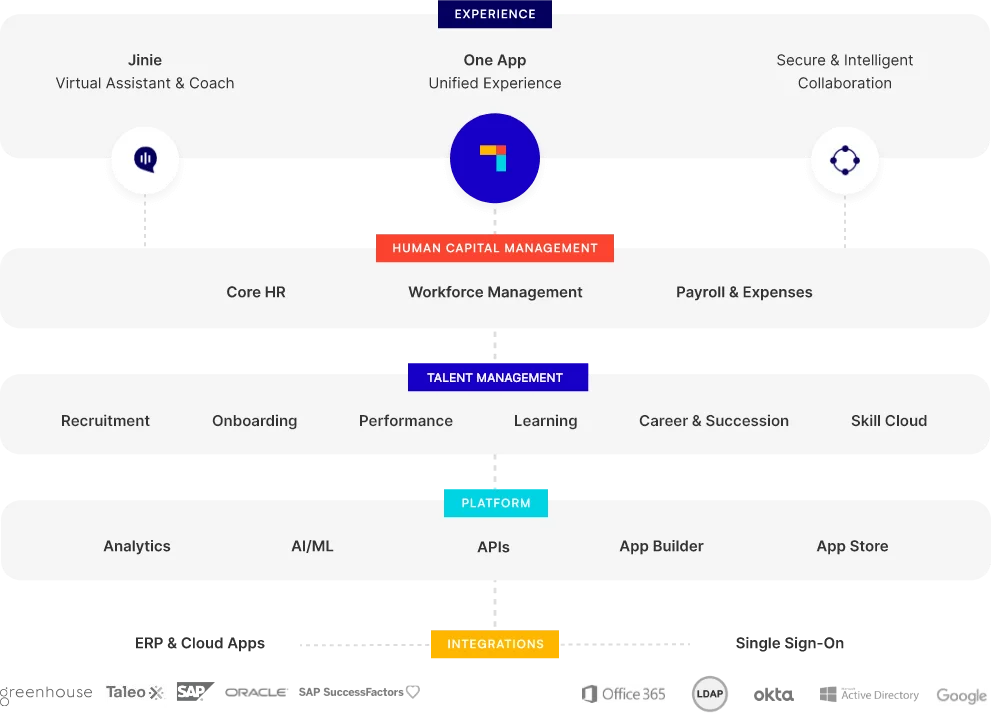In the UAE, working overtime is a common corporate practice. Employees across different industries frequently devote additional hours at work—sometimes to get a task done, other times to make the best of their free time.
Whatever the reason may be, employers must appropriately compensate for an employee’s extra effort. To ensure this, a strict labor law governs fair overtime calculation in the UAE. It encourages workforce satisfaction, compliance, cost control, etc.
Despite this, accurately calculating the overtime amount can be challenging, especially if one is unaware of the rules and regulations. So, in this blog, we shall discuss how to calculate overtime in the UAEwhile ensuring proper alignment with the region’s labor law. Let’s start!
What Is Overtime Pay?
Overtime pay refers to the compensation an employee is entitled to receive for working beyond their designated work hours. Let’s put this in perspective for you.
Suppose an individual works in a Dubai-based company. Their usual work hours span Monday to Friday from 9 AM to 5 PM. However, due to an urgent delivery, they had to work for two extra hours (from 9 AM to 7 PM) on Thursday. This is called an overtime shift. As per the UAE Labor Law, the employee must receive compensation at a higher rate for these two hours.
What Are the Overtime Pay Calculation Rules in the UAE?
Here are some of the main rules for overtime calculation in the UAE as per the labor law (Source):
- Employers can ask their employees for an overtime shift. However, the extra work hours must not exceed 2 hours per day.
- If an employee works overtime on a regular day, they will receive a compensation of 125% (25% extra than their basic salary). However, if they work overtime on a holiday, designated day off, or between 10 PM to 4 AM, they will be entitled to a compensation of 150% (50% extra than their basic salary). This rule does not apply to workers who work on a shift basis.
- If the employee works overtime on a day off, the employer must provide them either a substitute day off or pay a compensation of 150% for that day.
- If an employee works overtime for five hours or more, the employer must give them a minimum of one-hour break. This break period will not be included in the overtime pay calculation.
- During Ramadan, regular working hours in the UAE are reduced to 6 hours from 8 hours. So, any employee working more than 6 hours a day during Ramadan is entitled to overtime pay.
- The time the employee spends on activities like commuting to and from work, lunch breaks, etc., must not be included in the overtime hours calculation.
- Except for day workers, any other employee must not be asked to work overtime for two consecutive days on weekends.
- All senior and administrative-level employees remain exempt from overtime calculation rules.
- Employees on maternity/paternity leave are not allowed to work overtime.
- Employees involved in warships or maritime work are not entitled to overtime compensation.
What Are the Different Overtime Pay Calculation Methods in the UAE?
In the UAE, an employee’s overtime pay is calculated depending on whether they worked extra on a regular working day or a public holiday. So, let’s discuss each of these methods in detail:
1. Method for Calculating Overtime Pay on a Regular Working Day
- Per Day Salary = Basic Salary/30
- Per Hour Salary= Per Day Salary/8 (the regular working hours per day in the UAE)
- Total Overtime Pay = Number of Overtime Hours x Per Hour Salary x 1.25
2. Method for Calculating Overtime Pay on a Public Holiday
- Per Day Salary = Basic Salary/30
- Per Hour Salary = Per Day Salary/8 (the regular working hours per day in the UAE)
- Total Overtime Pay = Number of Overtime Hours x Per Hour Salary x 1.50
- In addition, the employer must also give a compensatory day off to the employee. If they cannot do so, they must give an additional compensation of 150% for the overtime. In that case, the formula would be:
- Total Overtime Pay = Number of Overtime Hours x Per Hour Salary x 2.50
Example of Overtime Pay Calculation in UAE
Suppose an employee earns a basic salary of AED 3,500 per month and they worked for 100 hours in a month.
Now, based on this assumption, let’s find out how to compute overtime in the UAE on a regular working day and a public holiday:
Example 1: Overtime Pay Calculation on a Regular Working Day
- Per Day Salary: 3500/30 = AED 116.67
- Per Hour Salary: 115.07/8 = AED 14.58
- Total Overtime Pay: 100 x 14.58 x 1.25 = AED 1,822.50
Example 2: Overtime Pay Calculation on a Public Holiday
- Per Day Salary: 3500/30 = AED 116.67
- Per Hour Salary: 116.67/8 = AED 14.58
- Total Overtime Pay: 100 x 14.58 x 1.50 = AED 2,187
Alternatively, if the employer doesn’t provide a compensatory day off, the total overtime amount would be :
- Total Overtime Pay: 100 x 14.58 x 2.50 = AED 3,645
What Are the Common Overtime Pay Calculation Mistakes in UAE and How Can You Avoid Them?
Here are some of the most common mistakes employers tend to make in overtime pay calculation in the UAE:
Using the Wrong Formula
In the UAE, some companies still use the wrong formula to calculate overtime.
The correct formula for ascertaining per day salary is:
- Per Day Salary = Basic Salary/30
However, some employers still use the following incorrect formula to ascertain the same:
- Per Day Salary = Basic Salary x 12/365
This is one of the leading causes of inaccurate overtime calculation in the UAE. To avoid this, consult an expert while calculating overtime.
Applying the Wrong Overtime Payment Rate
To ensure fair overtime compensation, it’s crucial to apply the correct rate: 25% for regular overtime and 50% for emergency overtime. Many employers overlook this distinction. To avoid errors, always classify the type of overtime first and then proceed with the appropriate calculation.
Neglecting Special Considerations
According to UAE Labor Law, employees are entitled to overtime pay if they work more than 6 hours a day during Ramadan. However, companies may overlook this adjustment if they are unfamiliar with the updated regulations. To avoid this, ensure that overtime calculations are adjusted to reflect the reduced working hours during Ramadan.
Excluding Exceptions
In the UAE, many types of employees are exempted from receiving overtime. For instance, senior and administrative-level employees, employees involved in warships or maritime work, etc. So, to avoid including them in overtime pay calculation, stay aware and apply exemptions according to UAE Labor Law. This will ensure that only eligible employees receive overtime compensation.
Not Providing Compensatory Leave Bonus
If an employee works overtime on a public holiday or a designated day off, they must receive 150% compensation for the day along with a substitute day off. If not, employers must pay them an overtime of 250% for that day. However, most employers fail to account for the additional leave in their overtime calculation. To prevent this, ensure proper overtime documentation. This will ensure accurate calculation.
Wrapping Up
Overtime calculation in the UAE can be prone to errors due to the numerous complex rules and regulations. However, maintaining accuracy in overtime payouts is crucial for encouraging employee satisfaction and ensuring compliance.
In this blog, we covered the key aspects, rules, regulations, types, methods, and common challenges of overtime pay calculation in the UAE. We hope this helps you minimize errors and streamline payroll management.
In this regard, you can check out PeopleStrong. An all-inclusive SaaS platform, PeopleStrong’s robust Payroll Software automates all aspects of payroll management for you—right from overtime pay calculation to taxes—to ensure it’s accurate, compliant, and efficient.
So, hurry up—get in touch today!
Some Common FAQs:
What is the overtime rate in the UAE?
There are two main overtime rates prevalent in the UAE: 25% for regular overtime and 50% for emergency overtime.
What qualifies as emergency overtime in the UAE?
n the UAE, emergency overtime is when an employee is compelled to work on a day off or between 10 PM to 4 AM due to unforeseen events.
What are the maximum overtime hours allowed in the UAE?
As per the UAE Labor Law, the maximum number of hours an employee can work overtime in a day is two hours.













